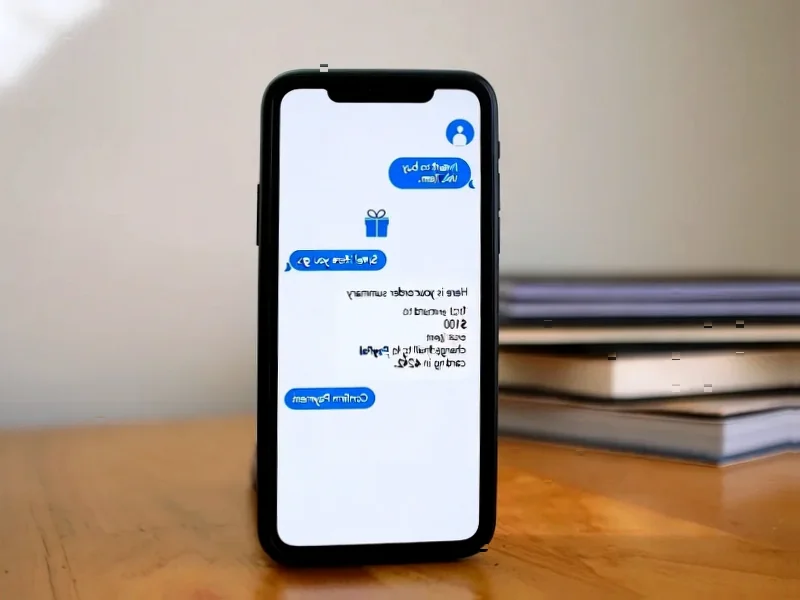According to Gizmodo, Sam Altman’s World startup has only scanned about 17.5 million people so far, which represents just 2% of its ultimate goal of one billion eyeball scans. The company, formerly called Worldcoin and backed by major venture capital firms, is operated by Tools for Humanity where Altman serves as chairman alongside CEO Alex Blania. Their system uses a giant orb to scan irises and convert them into encrypted 12,800-digit binary codes that serve as digital identities. Despite partnerships with companies like Match Group for Tinder verification in Japan and talks with Reddit, the project faces significant regulatory skepticism in multiple countries. The company reportedly hopes to reach 100 million sign-ups within the next year, though current progress suggests that target seems wildly optimistic.
The Scaling Problem
Here’s the thing about scanning a billion eyeballs: you actually need a billion people to physically show up. And that’s World’s fundamental challenge. They’re asking people to stand in lines at physical locations to have their irises scanned by what looks like a prop from a sci-fi movie. In an age where we can open bank accounts and verify identities from our couches, requiring in-person orb visits feels… archaic. The company knows this too – they’re exploring partnerships with major platforms like Reddit and payment processors to integrate their verification system. But even if they succeed, will people actually bother?
Privacy Paradox
Now, the privacy concerns here are obvious. You’re literally giving a company your biological identity. But surprisingly, some security experts like Matthew Greene have actually praised World’s encryption approach. In his 2023 analysis, he noted the system avoids some obvious biometric pitfalls and makes it difficult for your “eyeballs to be stolen.” That’s reassuring, I guess? But let’s be real – we’ve seen too many “secure” systems get compromised to take any company’s privacy promises at face value. Especially when that company’s chairman also runs an AI company that’s flooding the internet with bots that World supposedly wants to combat.
Regulatory Reality
The company isn’t exactly getting a warm welcome everywhere. They’ve faced regulatory setbacks in countries like Indonesia where authorities have compliance concerns. And honestly, can you blame them? Governments tend to get twitchy when foreign companies want to collect biometric data from their citizens. This regulatory friction creates a major headwind for World’s global ambitions. They can’t just drop orbs in every country and expect smooth sailing – each new market means new regulatory battles.
What’s the Endgame?
So what’s Altman really building here? On the surface, it’s an identity verification system and cryptocurrency ecosystem. But look deeper and you see something more ambitious – a potential universal digital identity platform that could become the default for proving you’re human in an AI-dominated internet. The timing is interesting too, with reports about advanced iris-scanning technology emerging elsewhere. But here’s my question: even if the technology works perfectly and the privacy protections are solid, do we really want one company controlling biometric verification for humanity? That’s a lot of power concentrated in very few hands. And at their current 2% progress rate, they’ve got plenty of time to convince us.




